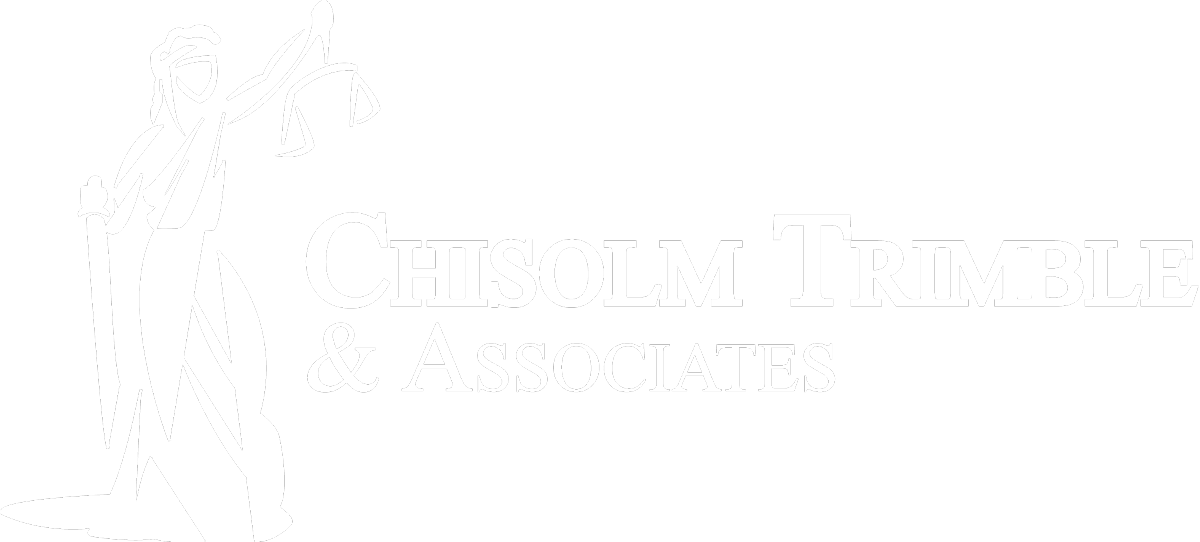The Role of Journaling in Healing After Divorce

Journaling is a therapeutic tool that can help individuals process emotions and promote healing after a divorce. Writing about your feelings, experiences, and thoughts provides a safe outlet for expressing complex emotions. In addition to serving as an emotional release, journaling can also help you reflect on your personal growth and create a sense of clarity during a difficult time.
Research has shown that expressive writing can reduce stress and increase emotional resilience. Writing in a journal allows individuals to reflect on their feelings without judgment, helping them to work through their emotions and gain insight into their thoughts. This process can also offer a sense of control, as it allows you to release pent-up feelings in a productive way.
Journaling can also be an effective way to track your progress as you heal from divorce. Many people find that revisiting their journal entries over time helps them see how far they’ve come emotionally. It’s also an opportunity to set personal goals and reflect on the lessons learned from the divorce process.
For some, journaling serves as a means of self-discovery and healing. By writing about their experiences, individuals may uncover hidden emotions or gain clarity on issues that they were previously unable to address. Whether through writing prompts or free-form expression, journaling can be a powerful tool for personal growth and emotional recovery.
If you are facing the legal complexities of divorce or need guidance during your family law case, contact our office at 770-741-1570 or visit www.chisolmtrimblelaw.com. Our firm has been named one of Georgia’s top 10 family law firms, and our Managing Attorney has been selected as one of Georgia’s Super Lawyers.


